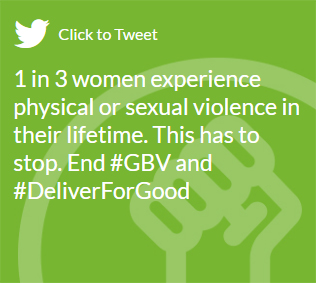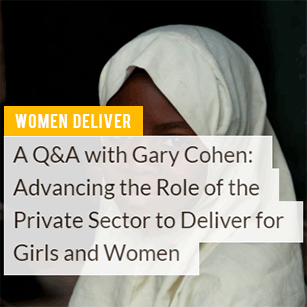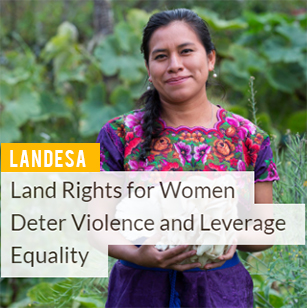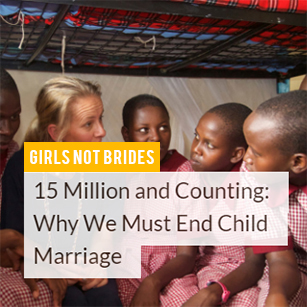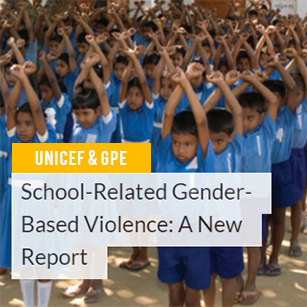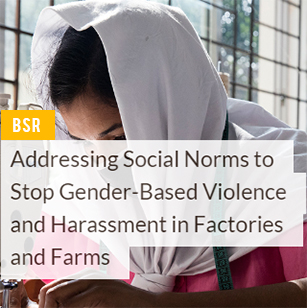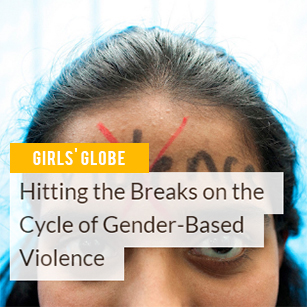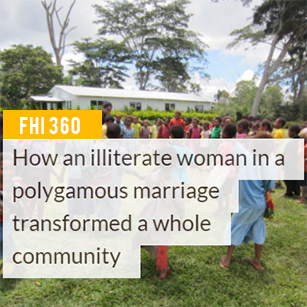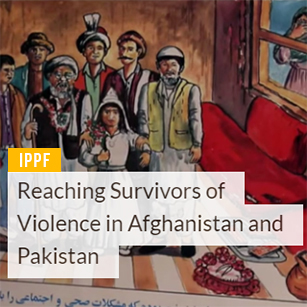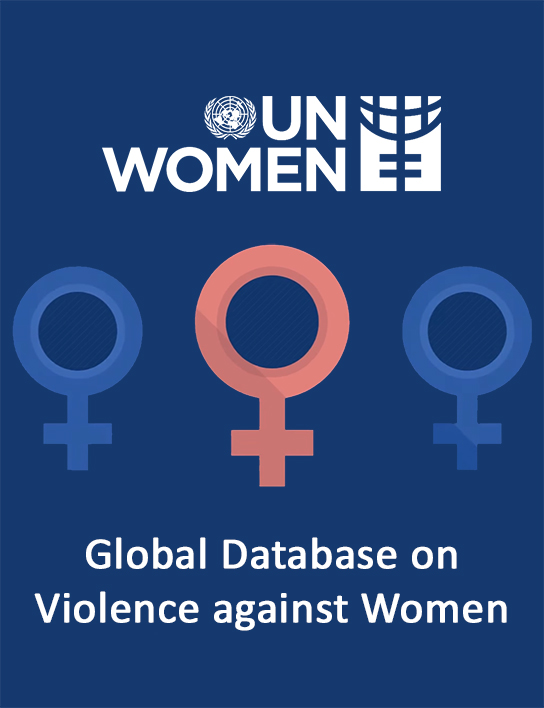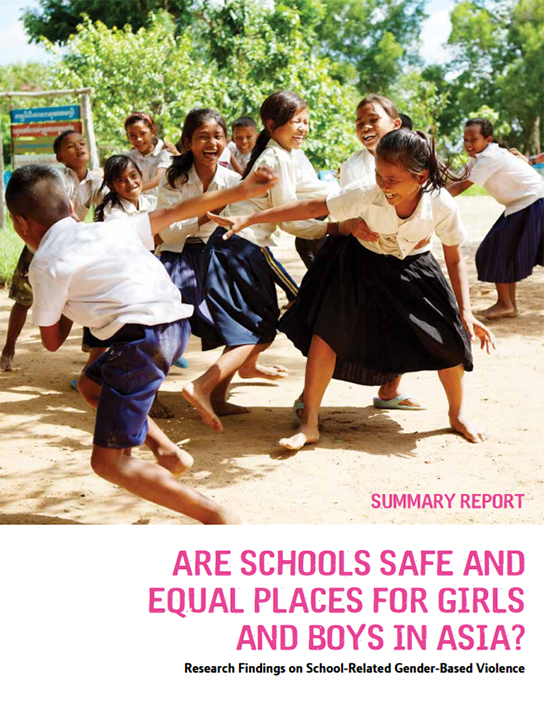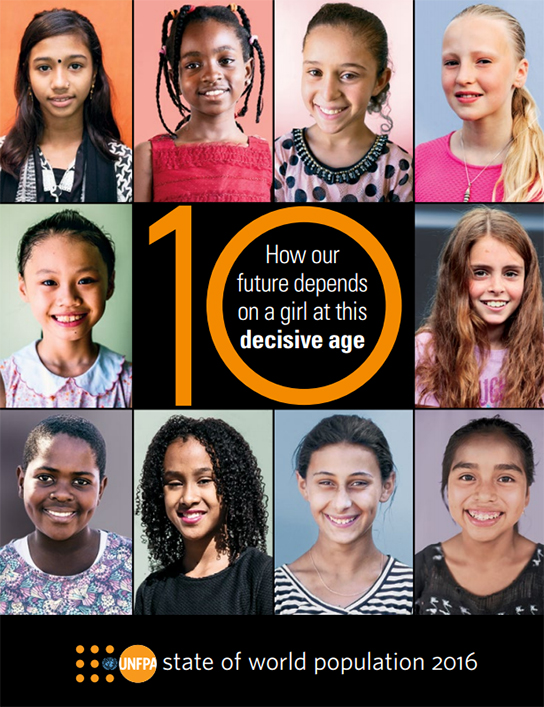It is a grim statistic, but one worth repeating: 1 in 3 women will experience physical or sexual violence in their lifetime. More often than not, the perpetrator is an intimate partner. As long as girls and women fear for their safety, they cannot realize their full potential. And, as long as they cannot realize their full potential, attainment of any one of the Sustainable Development Goals will be impossible. Securing the dignity of girls and women rests upon eliminating the threat of gender-based violence and harmful practices everywhere.
Gender-based violence (GBV) is a violation of human rights that transcends social, economic, and geographic borders, impacting individuals all over the world. It is fueled by multiple factors, including male dominance, social acceptance of harmful practices and insufficient legal protection. Policies and interventions aimed at combating GBV in its different forms--domestic violence, violence as a weapon of war, violence due to harmful traditional practices, violence against LGBTQ–people, violence as a criminal act–-require an integrated approach, as well as a context specific one.
This month we are highlighting initiatives and strategies that successfully address GBV. From understanding climate change’s contribution to early forced marriage in Bangladesh to addressing the social constructs that contribute to female genital mutilation, steps are being taken across the globe to address the underlying factors of GBV. November 25th is The International Day for the Elimination of Violence against Women. Use these resources to speak out on social media and continue the discussion. This November, join Women Deliver and take a stand against all forms of violence against women.
For evidence and strategies to help you advocate to end violence against women click the links below:
Featured Content
Gary Cohen is board chair and founder of Together for Girls, a partnership to end violence against children, particularly sexual violence against girls. Our President/CEO, Katja Iversen spoke to Mr.Cohen about the private sectors role in delivering for girls and women.
Women's land rights isn't a topic often discussed in conjunction with gender-based violence (GBV), but in the story above Tzili Mor, the Director of Landesa's Center For Women’s Land Rights make the crucial connection between land and ending GBV
In the video above Her Royal Highness Princess Mabel van Oranje of the Netherlands, Chair, Girls Not Brides, discusses the enormous problem that is child marriage and what the world has to do to end it.
Solutions in Action: Ending Gender-Based Violence and Harmful Practices
Partner Resources
UN Women's Global Database on Violence against Women provides easy access to comprehensive and up-to-date information on measures undertaken by United Nations Member States to address all forms of violence against women.
Plan International and the International Centre for Research on Women (ICRW) undertook research in five countries in Asia, to assess the prevalence, nature, response and reporting of various forms of school-related gender-based violence (SRGBV) in, around and on the way to school.
